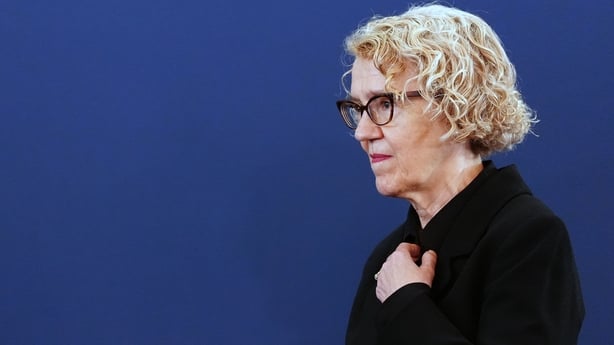It was a case that shocked people across the UK and beyond.
Many just could not understand how a young nurse could murder seven defenceless babies and attempt to murder seven others.
After her conviction in 2023, Lucy Letby was known as the most prolific child serial killer of modern times.
However, the now 35-year-old continues to insist that she is innocent. There are also some statisticians and medical experts who argue that the evidence used to convict Letby was misinterpreted.
For many others though, debate over Letby’s guilt only serves to prolong the pain and suffering of the families of the victims.
They point to the testimony of medical experts, parents and the notes written by Letby that were found in her house, which contained phrases such as “I killed them” and “I am evil”.
Nevertheless, calls for a retrial continue. The matter was debated in the House of Commons this week.
Calls for a retrial
In recent times a number of statisticians have expressed concern around the data used to secure Letby’s conviction.
They argued that a staff rota, which showed that Lucy Letby was on duty for suspicious incidents between June 2015 and June 2016, failed to take account of incidents which occurred when Letby was not present.
Doubt has also been cast over some of the medical evidence relied upon, with some experts believing that it may have been misinterpreted.
This week, the Conservative Party MP and former Brexit secretary, David Davis, spoke in the House of Commons.
He called for a retrial, arguing that there was no “hard evidence” implicating Letby and the case against her was “built on a poor understanding of probabilities”.
“Nobody saw her do anything untoward. The doctor’s gut feeling was based on a coincidence – she was on shift for a number of deaths, and this is important, although far from all of them, far from all of them”, Mr Davis told MPs.
The Labour Justice Minister, Alex Davies-Jones, responded by telling the house that the government would not “interfere with judicial decisions”.
She added that Letby could apply to the Criminal Cases Review Commission if she believed she had been wrongly convicted. It’s something that Letby’s legal team has said they will do.
Inquiry into Letby cases
Following the conviction of Letby, the UK government ordered an inquiry into how the killings went undetected and the hospital’s response to concerns raised about Letby before her arrest.
The inquiry got underway in Liverpool last September.
Before proceedings got under way, its chair, senior judge Kathryn Thirlwall, criticised the “noise” around Letby’s conviction.
She said there had been “a huge outpouring of comment” questioning Letby’s guilt from people who, as far as she was aware, had not been present at the trial to hear the evidence.
“All of this noise has caused enormous additional distress to the parents who have already suffered far too much,” Justice Thirlwall said.

Justice Thirwall, like others, pointed out that Britain’s Court of Appeal had examined Letby’s case in detail and had come to a clear result that “the convictions stand”.
“It’s time to get on with this inquiry,” she said.
Over the past few months, the inquiry has heard from many witnesses. On Thursday, the former health secretary Jeremy Hunt appeared before it.
He apologised to the families of Letby’s victims for the “appalling crime” that took place under his watch, adding that he bore ultimate responsibility for the NHS.
In the minds of those conducting the inquiry, the case concerning Lucy Letby is considered closed.
On the outside however, calls for a retrial continue.
For the families of the victims, the distress continues too. They’ve described debate around the conviction of Letby as “grossly offensive” and “distressing” and have called for it to stop.
